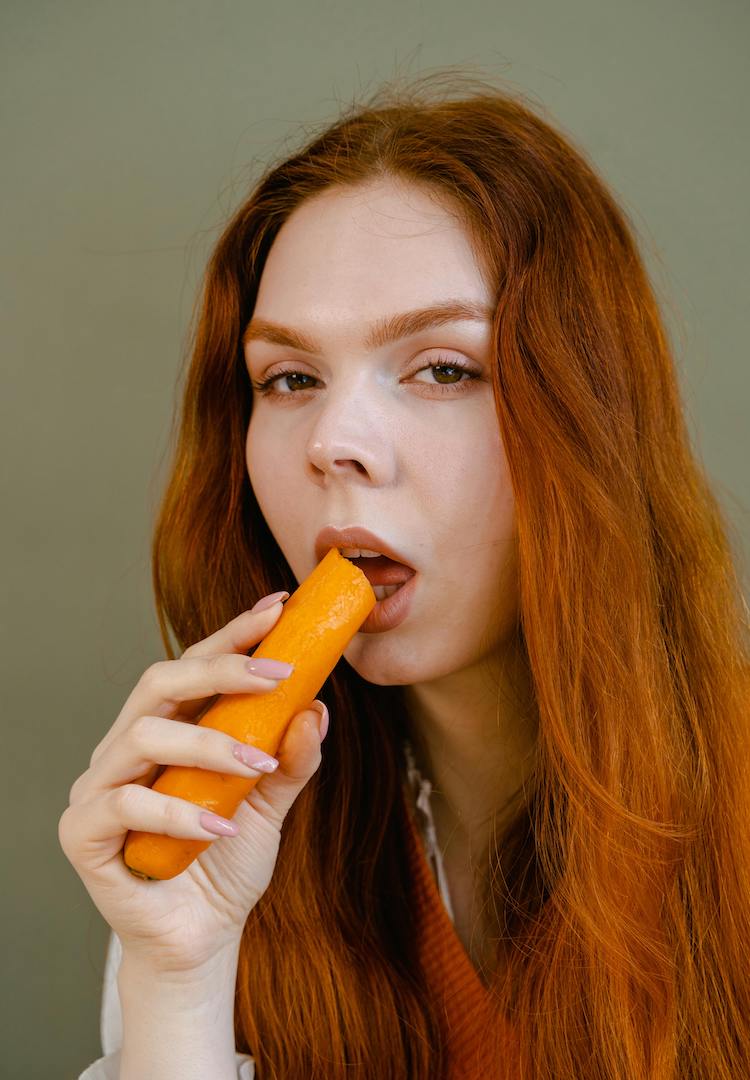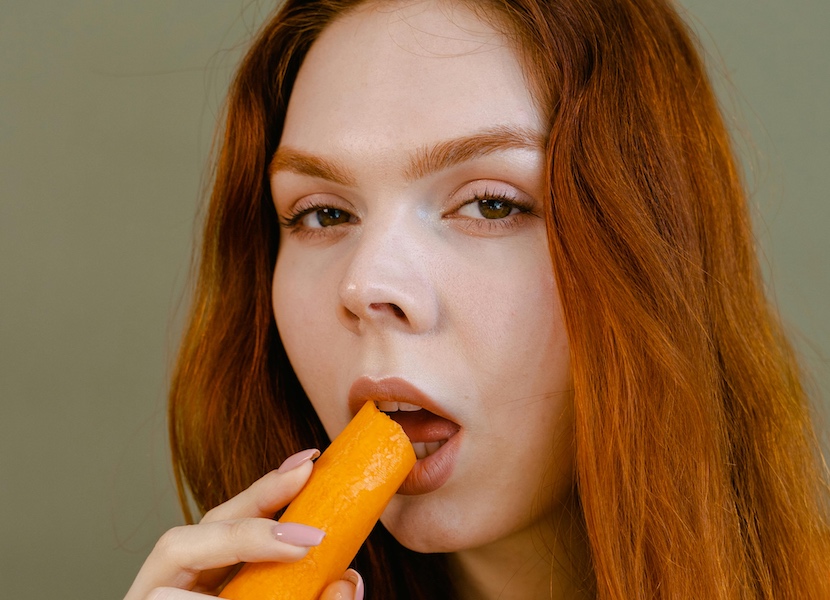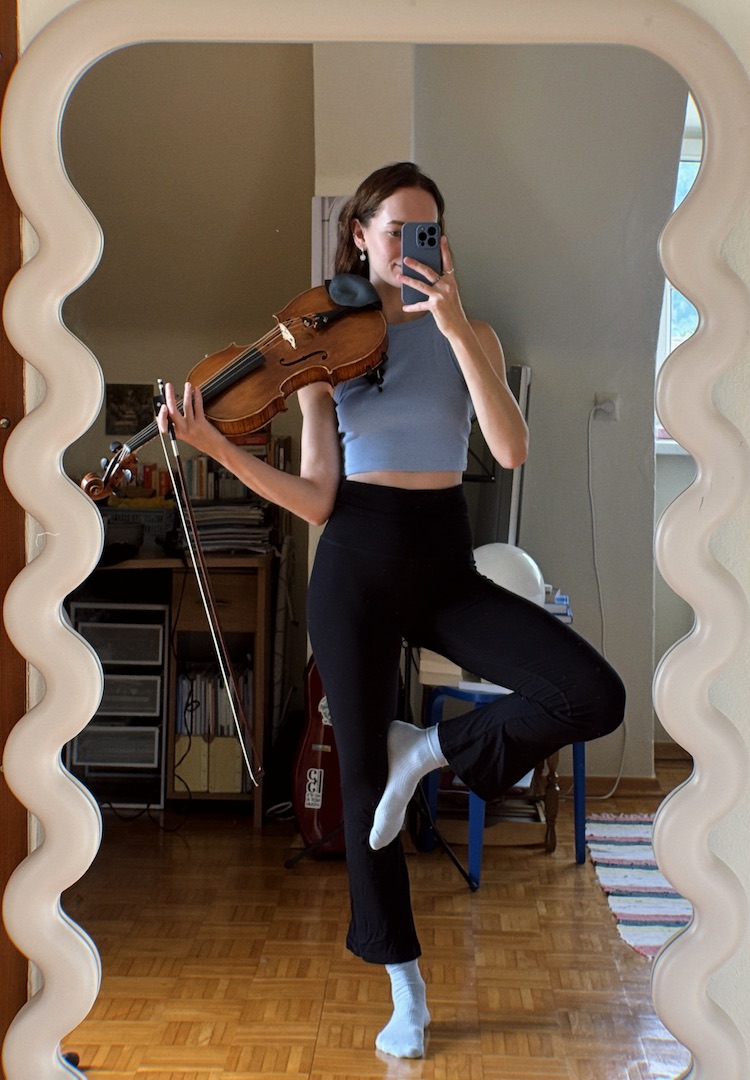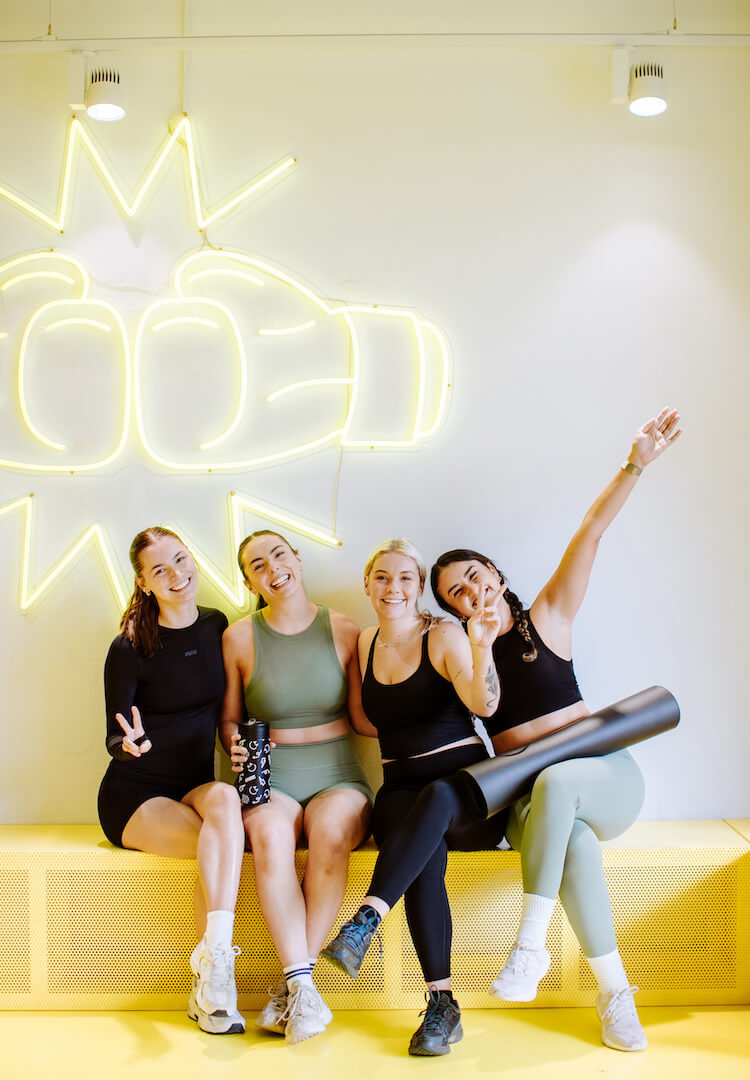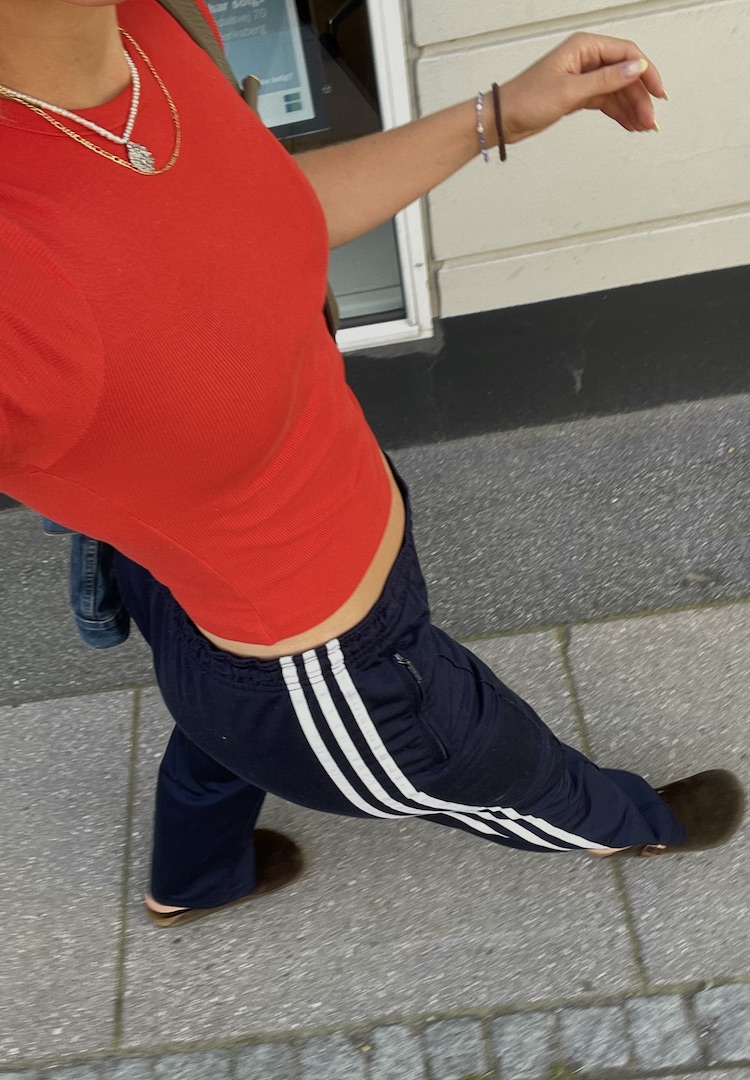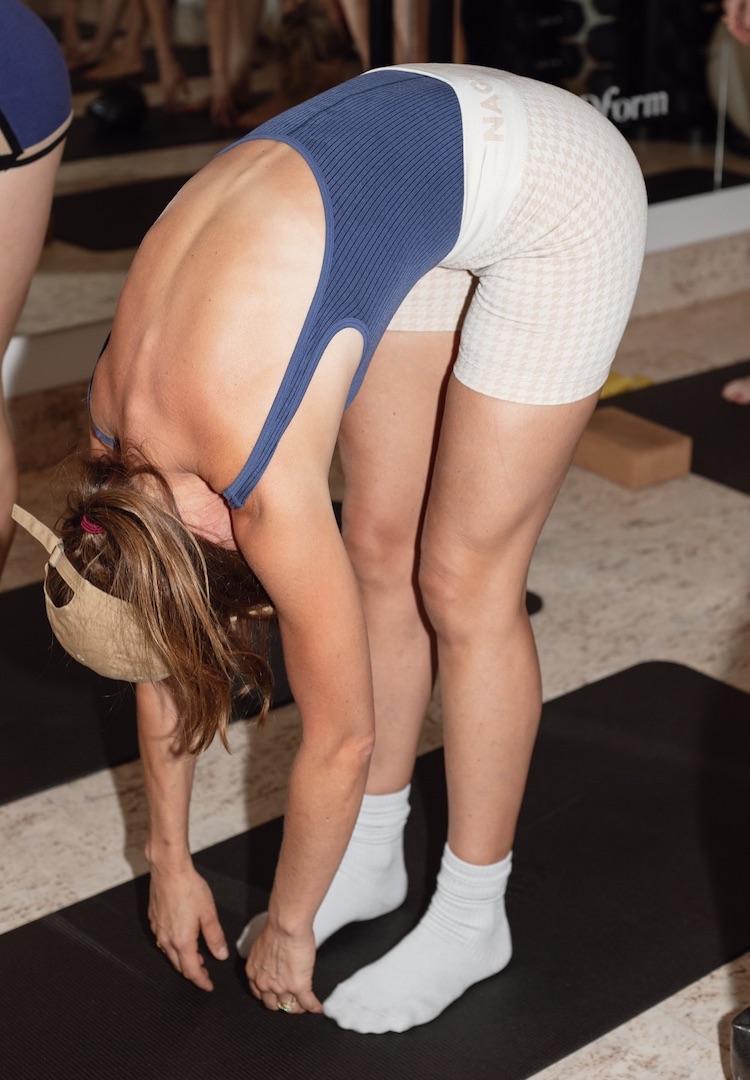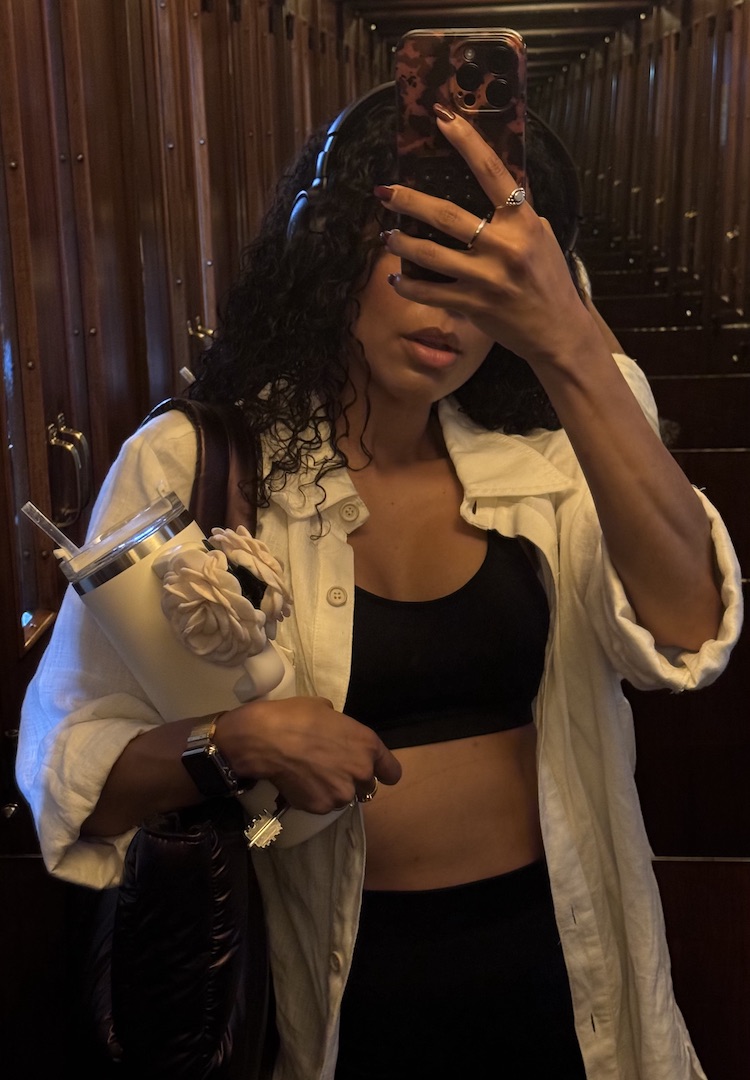Are we all too tired to be vegetarian anymore?
words by daisy henry
“Maybe instead, it’s about being flexible, rather than leaning too hard in either direction.”
A few weeks ago, my friend and I went out to dinner in the city for a steak night. When the waitress asked how we’d like it ‘done’, we both stared back at her blankly. After some embarrassment on our end, I quickly tried to explain: “We actually used to be vegetarian!”
Somehow in the space of a couple of years, we’d both become the people our younger selves would’ve disdained: sitting at a trendy restaurant with plates of beef in front of us.
Interested to hear how others navigate the world? Head to our Life section.
We both watched the viral, whistle-blowing documentary, Cowspiracy, when it came out in 2014 (all vegos will know) and swore off meat soon after. Now, a decade since first committing, we’ve both forsaken our meat-free pledges. I started with tins of tuna and McDonald’s nuggets, while she decided to eat (and cook with) every and all kinds of meat all at once. But it doesn’t feel like we’re rarities – almost everyone in my life who was once vegetarian is now, in one way or another, introducing meat back into their diets.
Once upon a time, most dinner tables I sat at, whether that was close friends, family or colleagues, used to have an almost-majority meat-free contingency. There used to be power in numbers – I was never the only one requesting a vegetarian alternative. So, what’s changed?
The decline in the meat-free
I reached out to a work acquaintance, Bianca, for her take, to see whether this phenomenon was just happening within my social circle. She told me when she first went vegetarian, most of her friends were too. Now, there’s one still standing.
“I started eating meat when I was out at restaurants because I felt like the vegetarian options were often just an afterthought and didn’t offer the same value as the meat dishes. Eating out is something I really love, so I felt like I was missing out a lot of the time,” she says.
Where Melbourne was once known for its diverse and endless range of vegan and vegetarian restaurants, Bianca now says it’s replaced by a culture of anchovy toasts and charcuterie boards. “I’ve noticed menus becoming really meat-heavy in a way they didn’t used to be.”
It’s something Broadsheet reported on this year, too. What were once bustling, meat-free venues spread out across the city are now either defunct, fighting to get people in the door or contemplating adding meat to their menus.
Mock meat companies like Beyond Meat are also struggling with the shift. Known for its plant-based meat alternatives (famously its burger patties, which replicate beef in a way all vegetarians will swear tastes like the real thing), Beyond Meat went from being a leader in the industry, to more recently facing declining sales, a massive drop in value and closed factories.
But once again, it leaves me wondering: why? Have we all found ourselves dangerously low in ferritin and in desperate need of some iron? Are we all amped on the TikTok protein movement? Or are we all ethically burned out?
ProteinTok and carnivores
Unless you abstain from social media entirely, it’s hard to remain totally immune to its constant reminders that our diets (and lives) would be richer with some sort of change.
TikTok cycles in and out of plenty of health fixations, but few have been as relentless as the campaign for protein. Whether you’re a health nut or not, it’s been hard to tune out the overarching message we should all be protein-maxxing as much as possible (and who exactly said we were deficient?).
Effectively, protein is made up of amino acids, which help our bodies build and repair tissue, fight infection and regulate hormones (among many other things). Though protein is essential for our diets, wellness creators have a funny way of making it feel like we’re never consuming enough.
Amping up your protein intake doesn’t exclusively mean you have to consume meat, but animal products do regularly pop up as a solution. Half the videos online are full of ambiguous powders and cottage cheese, while the rest are full of recipes featuring fish, chicken and beef.
A more in-your-face health trend that’s been circulating is the carnivore diet. The carnivore diet sits starkly in opposition to the meat-free movement, asking its followers to opt for a meat-only diet. Though plenty of health experts have warned against the dangers of following such a restrictive diet, its popularity and virality seem to swamp what was a growing meat-free movement online.
Iron in the fire
Being iron deficient typically boils down to three causes: trouble absorbing iron, a lack of iron-rich foods and blood loss. It comes as little surprise, then, to hear that people who lose blood monthly during menstruation (mostly women) have an increased risk of iron deficiency, alongside vegetarians.
Personally, as a vegetarian who menstruated and hadn’t touched a steak in 10ish years, I felt like the odds were stacked against me. And once I got a blood test back that confirmed I was iron deficient, I booked in for an infusion and decided to slowly welcome back red meat.
A friend of mine was in a similar boat. Elsa* was a vegetarian for over a decade. “I watched Cowspiracy and didn’t feel right eating meat after that,” she says. When Elsa started integrating meat back into her diet earlier this year, it was for health reasons.
“I had really low iron and was almost anemic. I was very tired at work and I’d often go to the bathroom to have a nap,” she tells me. Since then, her energy levels have notably shifted – and so has the number of her friends who are vegetarian. “Most people in my circles are eating meat now,” she says.
Tired and burnt out
This shift in my social circles has also left me wondering if people are simply burnt out. The rising cost of living in Australia, worsening impacts of climate change and ongoing international conflicts are a lot to contend with. After all, what can one person do in the face of nearly 90 private jets chartered solely for the Bezos-Sanchez wedding?
“I think that after the tough period of Covid and lockdowns, people are really just seeking joy in their lives,” Bianca says. “Trying to do everything ‘right’ for the planet has become exhausting for a lot of people. There’s a level of activism fatigue that I think is playing into the shift away from vegetarianism.”
Another friend, Ash,* adds to this. “Maybe you reach a certain age where the stresses of life hit you. There’s too much to worry about and you get to a point where you need to simplify things and have one less thing to worry about,” she tells me.
Maybe we’re flexitarian now?
Once you’ve committed to going vegetarian, I’d argue there’s a part of it that stays with you. Whether it was for animal cruelty, health or environmental reasons, something had us swearing off meat in the first place and sometimes, it’s not as simple as fully switching back.
Although Tahlia* tells me she’s no longer vegetarian, her diet is still 70 per cent plant-based. Though Ash now eats most meats, pork and veal are firmly out of the question. And while Lucy* eats meat again, she doesn’t cook with it. Maybe instead, it’s about being flexible, rather than leaning too hard in either direction.
“If we all just cut down on our meat consumption even a little bit, we could have a huge impact together,” Bianca adds. And she’s right. Beef remains a key contributor towards global greenhouse gas emissions and cutting back is still one major way to reduce your carbon footprint.
In fact, a report by the George Institute for Global Health found that replacing one kilogram of beef mince with chicken each week in your weekly shop could cut more than two tonnes of carbon dioxide emissions annually. Or better than that – switching to a meat-free alternative could save two and a half tonnes. Plus, the more we support vegetarian and vegan restaurants and brands, the more they can keep providing plant-based alternatives.
Just because it’s shifted for some people now, doesn’t mean it won’t shift again. Or that no one cares anymore. Our diets are personal, but they’re also shaped by the wider culture, economics and politics. And like everything else, they evolve with time.
*Names have been changed for privacy.
For more tips on cutting back on meat consumption, try this.


